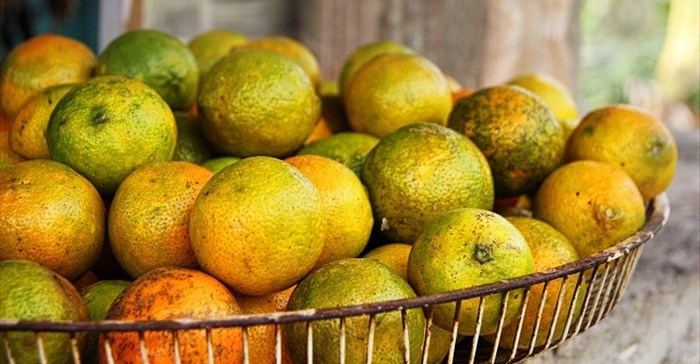SA's citrus growers voluntarily halt lemon exports to EU

However, despite being highly priced, organic lemons make up a small portion of citrus production. While acknowledging the losses, farmers said they were choosing to view the suspension of exports to EU as a way to help safeguard a key market.
Growers said on Thursday that they would withdraw all their organic lemon exports to the EU in 2016.
Citrus growers have had a difficult two years after the EU imposed a ban on South African imports in November 2013 because of citrus black spot. The ban was lifted in January 2014. Citrus black spot, which affects some South African produce, causes blemishes on the fruit's peel.
The citrus industry generates R9bn from global exports, R4bn of which comes from the EU. This represents 40% of SA's citrus exports.
Decision lends credibility to industry's risk management system
Citrus growers felt that while the latest decision to suspend exports of organic lemons to the EU would affect some farmers, it would also serve to strengthen and improve the credibility of the industry's risk management system that was put in place to mitigate the risk of citrus black spot.
"It will have an impact on those growers. It could be a sacrifice of about R50m... on their side and for them to voluntarily do this is very commendable," Citrus Growers Association EU envoy Deon Joubert said.
Citrus Growers Association CEO Justin Chadwick said the action by lemon growers should be commended as it showed responsibility.
It also showed ongoing efforts to mitigate the perceived risk of citrus black spot spreading to the EU. "This highlights the extreme measures being taken by the South African farmers in order to maintain uninterrupted market access for other citrus varieties, despite an ongoing scientific dispute about the real risk of CBS infection in the EU," said Chadwick.
Farmers growing organic products did not use chemicals, so it was more difficult to control environmental effects, said Chadwick.
Joubert said farmers could explore opportunities in other regions, including the Middle East and Russia, although finding alternative markets was difficult.
Source: BDpro
Source: I-Net Bridge

For more than two decades, I-Net Bridge has been one of South Africa’s preferred electronic providers of innovative solutions, data of the highest calibre, reliable platforms and excellent supporting systems. Our products include workstations, web applications and data feeds packaged with in-depth news and powerful analytical tools empowering clients to make meaningful decisions.
We pride ourselves on our wide variety of in-house skills, encompassing multiple platforms and applications. These skills enable us to not only function as a first class facility, but also design, implement and support all our client needs at a level that confirms I-Net Bridge a leader in its field.
Go to: http://www.inet.co.za



























